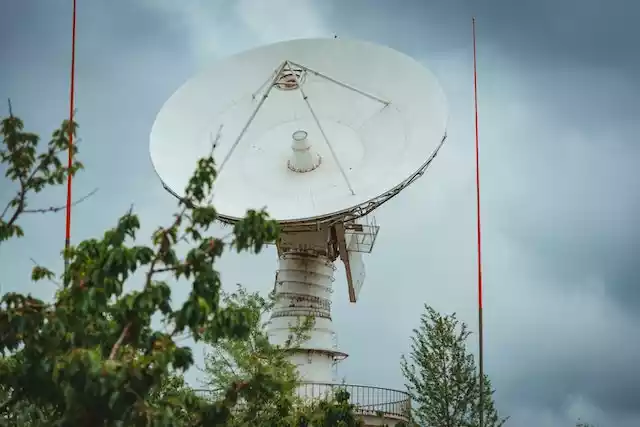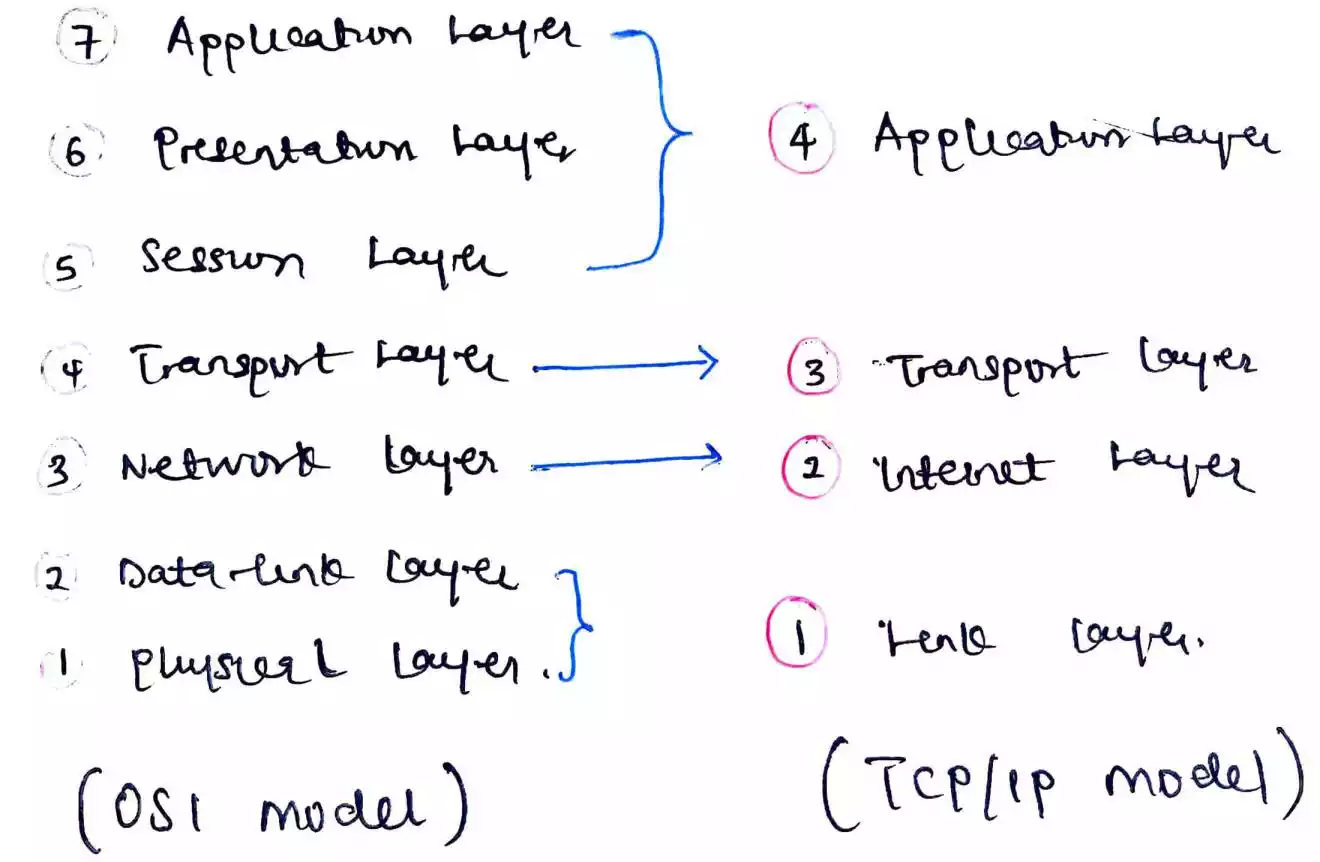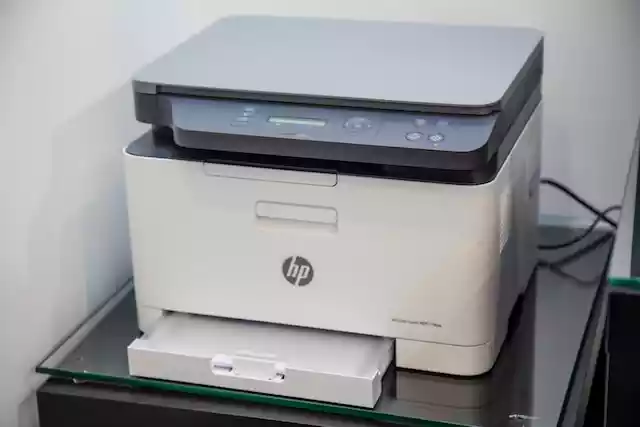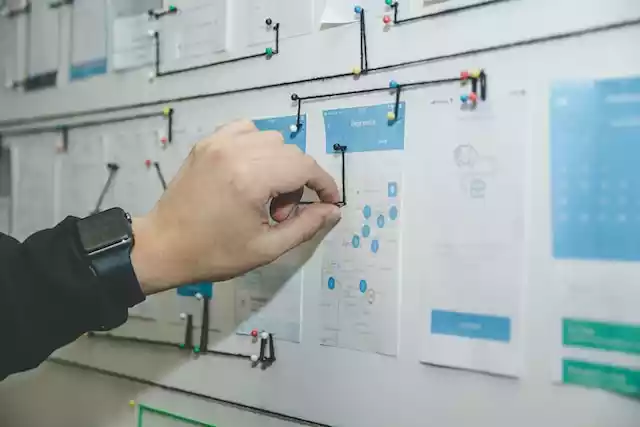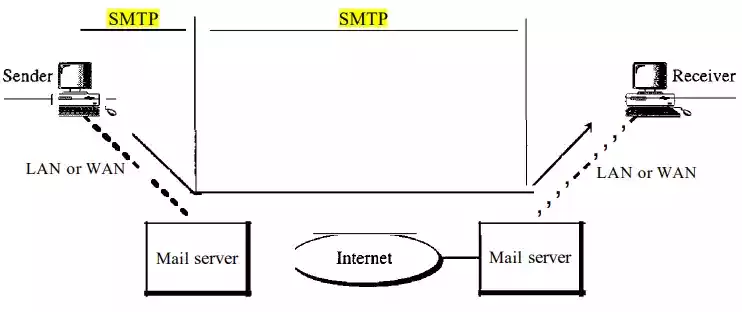Do Fiber Optic Cables Conduct Electricity?
Fiber optic cables are a type of cable that uses light to transmit data. They are made of glass or plastic, and they are very thin and lightweight.
So, do fiber optic cables conduct electricity?
The answer is no, fiber optic cables do not conduct electricity. This is because they are made of glass or plastic, which are insulators. Insulators do not allow electricity to flow through them.
How do fiber optic cables work?
Data is transmitted through fiber optic cables by sending pulses of light through the cable.
The light pulses are reflected off the inner walls of the cable, and they are decoded at the other end of the cable to recover the data.
The light pulses are generated by a laser or an LED at one end of the cable.
The light pulses travel through the cable until they reach the other end. At the other end, the light pulses are decoded into electrical signals.
Wrap Up
As a wrap up, fiber optic cables use light to transmit data. They are non-conductive due to their glass/plastic composition.
Light pulses travel through the cable, reflecting off inner walls, and are decoded into electrical signals at the other end.
FAQs About Fiber Optic Cables Conducting Electricity
- Can fiber optic cables be used to replace electrical cables in all applications? While fiber optic cables are ideal for transmitting data in many applications, they cannot replace electrical cables entirely. In some cases, electrical cables are still necessary for power transmission.
- Are fiber optic cables more expensive than copper cables? Yes, fiber optic cables are generally more expensive than copper cables. However, the benefits they offer in terms of safety, reliability, and data transmission speed often justify the higher cost.
- Are fiber optic cables immune to electromagnetic interference (EMI)? Yes, fiber optic cables are immune to EMI. They do not conduct electricity, and data transmission through light pulses is not affected by EMI, making them ideal for noisy environments.
- Can fiber optic cables handle higher bandwidths than copper cables? Yes, fiber optic cables can handle much higher bandwidths than copper cables. This allows them to transmit large amounts of data over longer distances without loss of signal quality.
- Are fiber optic cables affected by lightning strikes? While fiber optic cables themselves are not affected by lightning strikes, equipment connected to the cables might be. Proper grounding and surge protection are necessary to prevent damage.

